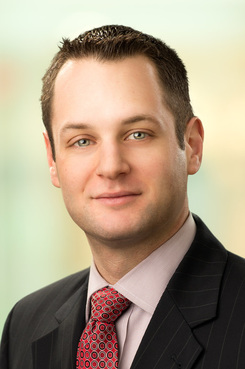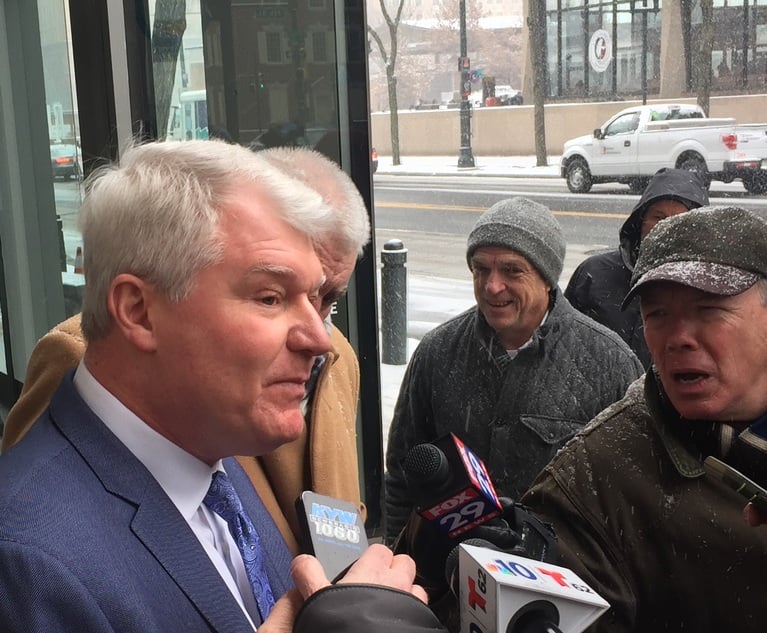May 22, 2017, was a game-changing day for patent litigators across the United States, albeit a day that many experts assumed was coming. That day, the U.S. Supreme Court issued a unanimous decision in TC Heartland v. Kraft Foods Group, 137 S.Ct. 1514 (2017) that upended years of jurisprudence applicable to interpretation of the current patent-specific venue statute, 28 U.S.C. Section 1400(b), when read with the general venue provision, 28 U.S.C. Section 1391(c). Under the patent venue statute, a “civil action for patent infringement may be brought in the judicial district where the defendant resides, or where the defendant has committed acts of infringement and has a regular and established place of business.”
The Supreme Court determined 60 years before TC Heartland (and before amendments to the general venue statute) that under the patent venue statute, Section 1400(b), a domestic corporation “resides” only in its state of incorporation, see Fourco Glass v. Transmirra Products, 353 U.S. 222 (1957). In 1990, however, the U.S. Court of Appeals for the Federal Circuit interpreted amendments to the general venue statute and determined in VE Holding v. Johnson Gas Appliance, 917 F.2d 1574 (Fed. Cir. 1990), that changes in Section 1391(c), which supported appropriate venue in any district where a corporate defendant would be subject to personal jurisdiction, would also impact the meaning of “reside” in the patent venue statute. The court in VE Holding held that Congress’ 1988 amendment to Section 1391(c) altered the holding of Fourco Glass.


 Scott C. Oberlander, Flaster Greenberg
Scott C. Oberlander, Flaster Greenberg




